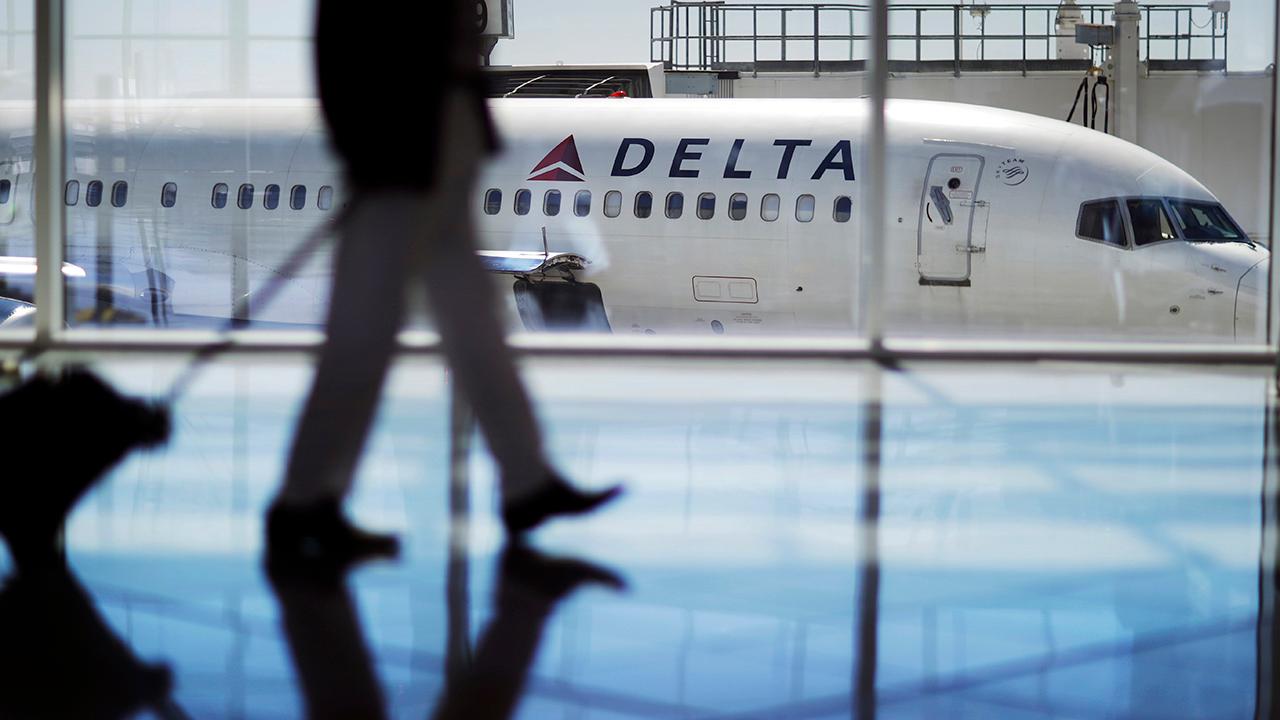Delta launches facial recognition in Atlanta airport terminal
Delta Air Lines announced on Friday it will allow travelers to use facial recognition at Hartsfield-Jackson Atlanta International Airport in what the company has billed as the first “biometric terminal” in the U.S.
Delta said fliers will have the option of using facial recognition, rather than their passports, at several checkpoints in the international terminal of Atlanta’s airport. The technology will be available from “curb to gate,” including at self-service kiosks for check-in, baggage counters, TSA security checkpoints and boarding. International travelers arriving in the U.S. can also use facial recognition during Customs processing.
“Launching the first biometric terminal in the U.S. at the world’s busiest airport means we’re bringing the future of flying to customers traveling around the globe,” said Gil West, Delta’s COO.
In order to use facial recognition, Delta customers must enter their passport information during online check-in or choose the option after an initial passport scan when they arrive at the terminal. Delta advised that travelers still need to carry their passports, and boarding passes will be required at the security checkpoint.
Early testing showed that facial recognition saved travelers up to nine minutes per flight, according to Atlanta-based Delta.
The rollout will start with Concourse F gates, which will receive facial recognition capabilities by Oct. 15, according to the Atlanta Journal-Constitution. Delta will introduce biometrics throughout the international terminal, Terminal F, by Dec. 1.
| Ticker | Security | Last | Change | Change % |
|---|---|---|---|---|
| DAL | DELTA AIR LINES INC. | 75.35 | +5.57 | +7.98% |
The technology uses software developed by NEC and a traveler verification system from U.S. Customs and Border Protection.
Other airlines have been exploring the use of biometrics inside airports, while technology firm CLEAR offers a monthly subscription for fliers looking to avoid waiting on security lines. Through CLEAR, travelers can use their fingerprint to skip the identity checkpoint inside airports, a technology that’s also in use at sports venues.




















